7 Tips for Choosing The Right Managed IT Services Provider

7 Tips for Choosing The Right Managed IT Services Provider for Your Business
The choice of a Managed IT Services Provider can be a strategic partner, enhancing operations, ensuring data security, and providing a competitive edge in the market. So choosing the right one is very important.
Today, the role of an MSP extends far beyond traditional IT support, shaping the technological foundation of a business. The following tips are specifically designed to help you make an informed decision when choosing a Managed IT Services Provider.
1. Evaluating Experience and Expertise
When selecting an MSP, ask about their track record within your industry. Look for providers with a proven history of working with businesses similar to yours. Understanding the intricacies and challenges of your industry ensures that the MSP can offer the appropriate solutions.
Certifications and accreditations speak volumes about an MSP’s commitment to industry standards showcasing their expertise and adherence to best practices in the IT services industry.
Review case studies and client testimonials to gauge how the provider has addressed challenges similar to yours. Successful partnerships are indicative of a reliable and effective MSP.
2. Service Offerings and Scalability
Evaluate the breadth and depth of services offered. A comprehensive suite of services indicates versatility and the ability to address your needs. Ensure the MSP can cover your specific requirements, from essential support to advanced solutions.
Consider the scalability of the MSP’s services. Your business will likely evolve, and your IT needs will grow accordingly. Ensure the MSP can seamlessly scale its services to accommodate your expanding business requirements.
Flexibility is key. Confirm that the MSP’s service plans are adaptable to changing circumstances. The ability to customize service packages ensures you only pay for what you need while having the option to adjust as your business evolves.
3. Security Measures
Cybersecurity is paramount. Understand the MSP’s approach to safeguarding your data and systems. This includes their methods for threat detection, prevention, and response. A proactive cybersecurity stance is crucial in today’s threat landscape.
Different industries have specific regulations. Ensure the MSP is well-versed in and compliant with the regulations relevant to your business. This ensures that your IT practices align with legal requirements.
Data loss can be catastrophic. Review the MSP’s data backup and disaster recovery plans. A robust data protection and recovery strategy ensures business continuity in the face of unexpected events.
4. Communication and Support
Communication is vital for effective support. Ask about the MSP’s communication channels and response times. Quick and efficient communication is crucial when addressing IT issues.
Proactive support goes beyond issue resolution. A good MSP actively monitors your systems, identifies potential problems, and addresses them before they impact your business. You want your provider’s support to be proactive.
IT issues can arise at any time. Confirm that the MSP offers 24/7 support, especially for critical issues.
5. Cost and Contract Considerations
Transparency is crucial in understanding the costs associated with MSP services. Request a detailed breakdown of costs and fees to ensure no hidden surprises.
The Service Level Agreement (SLA) outlines the terms of the agreement between you and the MSP. Understand the SLA thoroughly, including service guarantees, response times, and non-compliance penalties.
Be clear about the contract length and any exit provisions. Understanding the terms for ending the partnership ensures a smooth transition if necessary.
6. Reputation and Reliability
Online reviews provide insights into other businesses’ experiences: research reviews and testimonials to gauge clients’ overall satisfaction with the MSP’s services.
A history of service outages or security breaches could be a red flag. Investigate the MSP’s track record to ensure a reliable and secure infrastructure.
Financial stability indicates a reliable partner. Verify the MSP’s financial standing and assess its longevity in the industry. A well-established MSP is more likely to provide stable and consistent services.
7. Strategic Guidance
Beyond day-to-day operations, assess the MSP’s ability to provide strategic guidance. A forward-thinking MSP can contribute to your long-term IT strategy, aligning technology with your business goals. A shared understanding of your goals ensures a collaborative and effective partnership.
In addition, ask about how the MSP contributes to innovation and ensures your IT infrastructure is future-proof. This includes staying abreast of emerging technologies and recommending solutions that align with your business’s future needs.
Key Considerations
In the quest to find the ideal Managed IT Services Provider (MSP), several crucial considerations can significantly influence the success and efficiency of your business’s IT infrastructure. From evaluating experience and expertise to scrutinizing security measures and support capabilities, each element plays a pivotal role in making an informed decision.
It’s essential to recognize that selecting the right partner is an investment in the future. By dedicating time to assess and align potential MSPs with your unique needs thoroughly, you lay the foundation for a lasting and impactful collaboration. Rushed decisions may lead to suboptimal outcomes, whereas a careful selection process maximizes the benefits derived from your IT services provider.
 Introducing Protected Harbor – The Top Choice Managed IT Services Provider in the US
Introducing Protected Harbor – The Top Choice Managed IT Services Provider in the US
At the forefront of MSP excellence stands Protected Harbor, a trusted partner for businesses seeking unparalleled IT services in the United States. With a commitment to delivering cutting-edge solutions and ensuring the highest service standards, Protected Harbor sets itself apart as a leader in the industry.
Services Offered by Protected Harbor:
Comprehensive IT Support: Protected Harbor provides end-to-end IT support, from troubleshooting to system optimization, to keep your operations running smoothly.
Advanced Cybersecurity Solutions: Fortify your digital defenses with state-of-the-art cybersecurity measures, protecting your data and ensuring compliance with industry regulations.
Scalable Infrastructure: As your business evolves, so do your IT needs. Protected Harbor’s scalable solutions adapt to your growth, providing the flexibility essential for success.
Strategic Guidance and Innovation: Beyond day-to-day support, Protected Harbor acts as a strategic ally, guiding your business towards innovative solutions that future-proof your IT infrastructure.
Why Choose Protected Harbor?
Proven Expertise: Backed by years of industry experience, Protected Harbor has a track record of successful partnerships with businesses across various sectors.
Certifications and Accreditations: Committed to excellence, Protected Harbor holds certifications that attest to its commitment to industry best practices including a Five-Star Google ranking.
Client Testimonials: Hear success stories on our page directly from satisfied clients who have experienced the tangible benefits of partnering with Protected Harbor.
Ready to elevate your business’s IT capabilities? Contact Protected Harbor today for a personalized consultation and a free IT Audit. Discover how their tailored solutions can drive efficiency, enhance security, and contribute to the long-term success of your enterprise.





 6. Customer Support and Communication
6. Customer Support and Communication


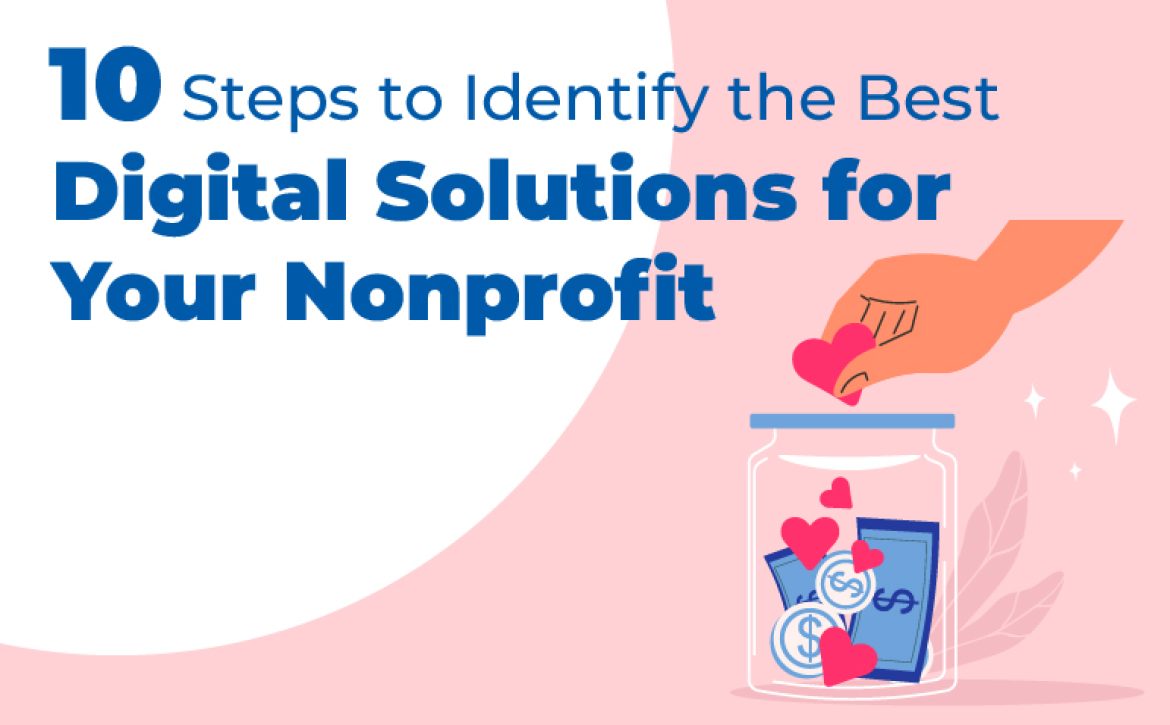

 Identifying the Right Digital Solutions for Nonprofits
Identifying the Right Digital Solutions for Nonprofits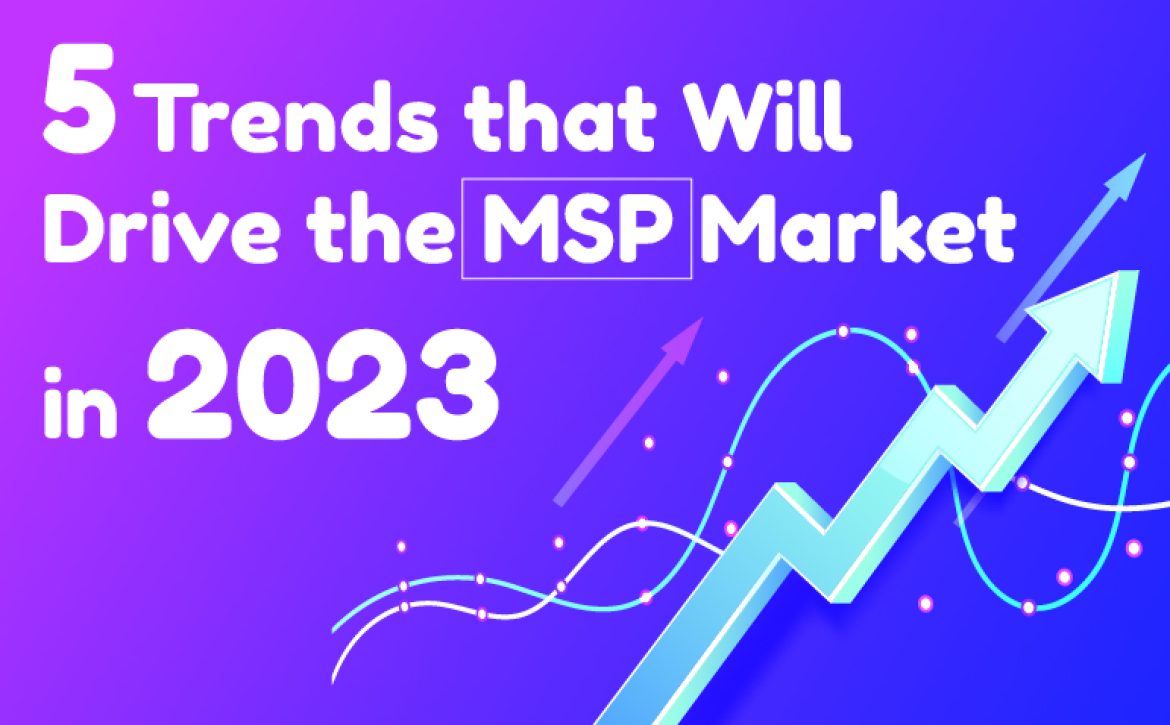

 Cloud-based Solutions are Becoming Increasingly Popular in the Managed Services Market
Cloud-based Solutions are Becoming Increasingly Popular in the Managed Services Market
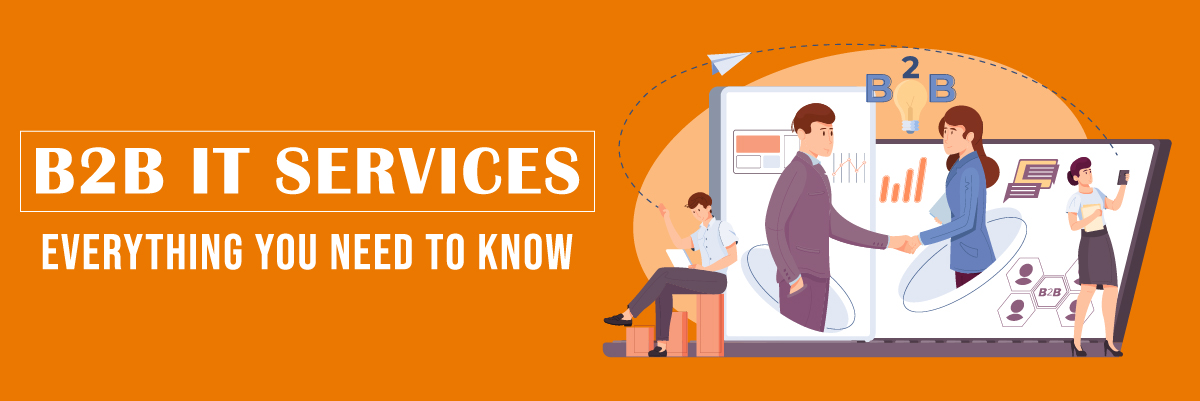





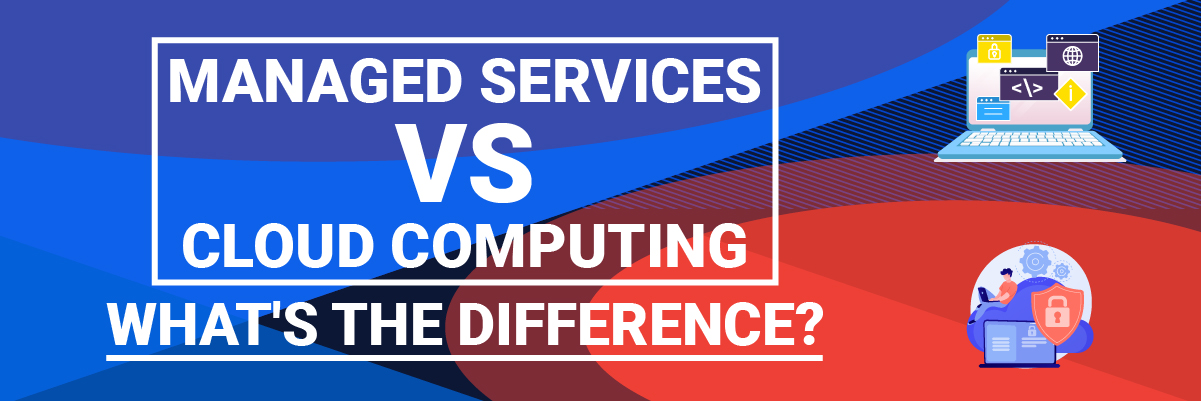


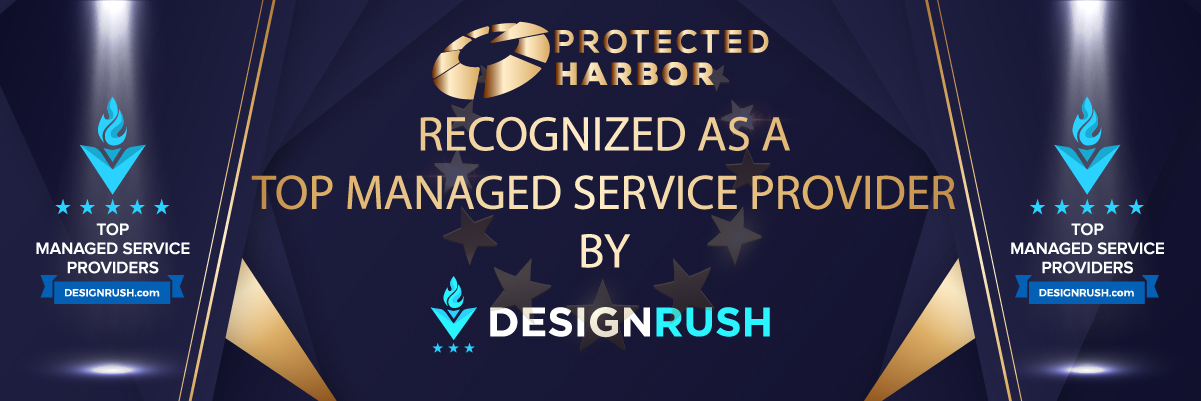
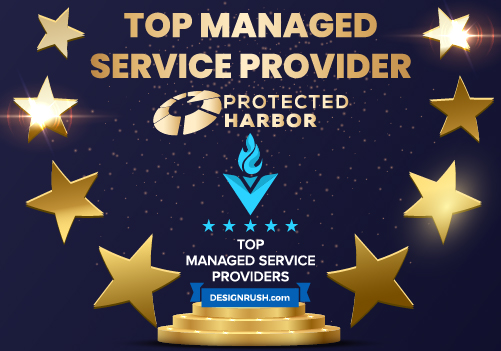 The award of
The award of 

